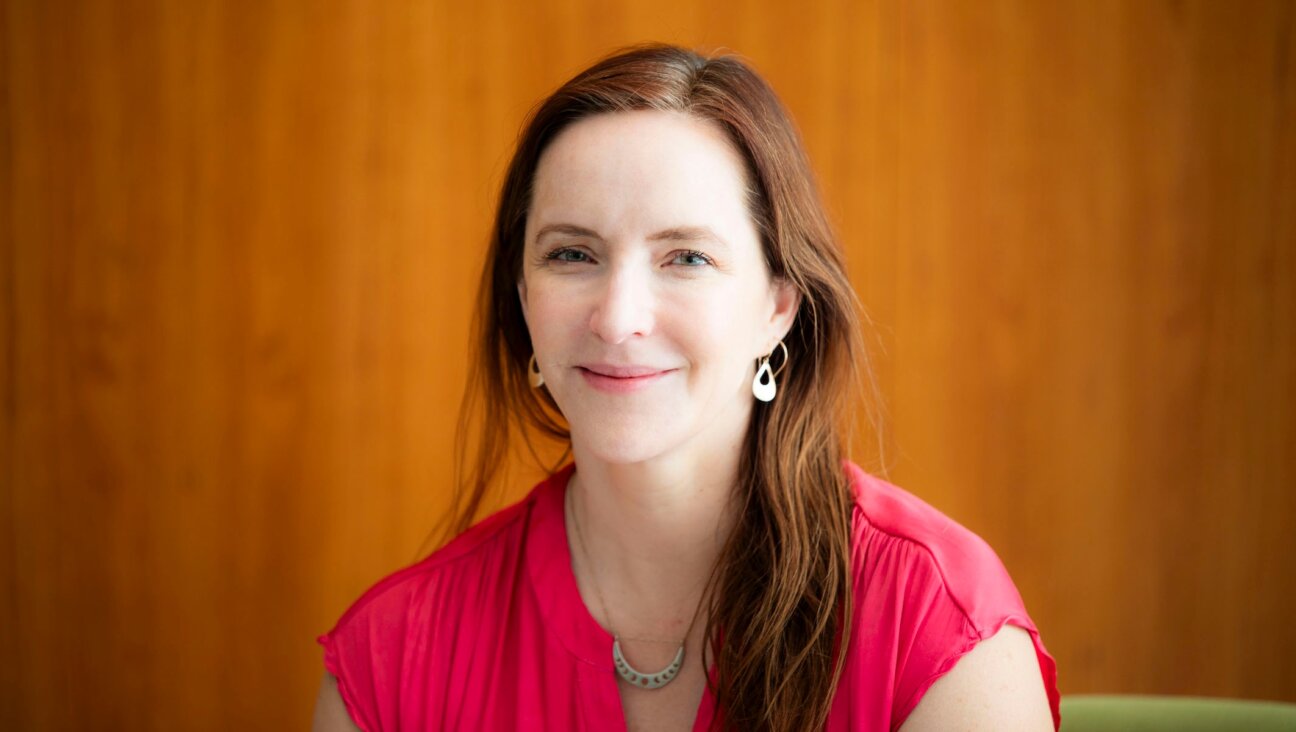Twin surveys: American and Israeli Jews know little about each other

The American Jewish Committee survey polled U.S. and Israeli Jews. By izhenya/Getty
There are tremendous gaps in American and Israeli Jews’ knowledge of each other, according to a new set of surveys from the American Jewish Committee (AJC).
Released Monday, they show that 16% of Americans were able to correctly answer all four basic questions asked about Israelis, and that 13% of Israelis were able to correctly answer all three basic questions asked about Americans.
“These surveys provide a wealth of critical information about the state of Israel-Diaspora relations, and make the case for increased commitment in each community to high-quality education about, and interpersonal engagement with, the other,” said Laura Shaw Frank, AJC Director of Contemporary Jewish Life.
The surveys nevertheless found strong connections between the groups: 60% of American Jews say that being connected to Israel is important to their Jewish identity, and 75% of Israeli Jews view a thriving Diaspora as vital to the long-term future of the Jewish people.
The survey also showed that Israelis are less likely to learn about Jews elsewhere in the world than American Jews are to learn about Israeli Jews. And American opinions on the Jewish education they received about Israel varied by stream of Judaism: 60% of Orthodox reported that their education was strong, compared to 53% of Conservative Jews, 40% of Reform Jews and 16% of secular Jews.
In Israel, on the other hand, 11% said they had a comprehensive education on Diaspora Jewry.
It also found that Israeli Jews seem to feel a closer emotional connection to American Jews than vice versa. While a similar percentage of Israeli Jews and American Jews define their relationship to the other group as “extended family,” at 45% and 46%, respectively, 24% of Israeli Jews likened the connection to a “sibling” relationship, compared to 11% of American Jews.
The survey of American Jews was conducted by SSRS from March 25 to May 9 and had a margin of error of plus or minus 4.5%. The survey of Israeli Jews was conducted by Geocartography in May and had a margin of error of 3%. Both polled 1,000 respondents 18 or older.
A message from our Publisher & CEO Rachel Fishman Feddersen

I hope you appreciated this article. Before you go, I’d like to ask you to please support the Forward’s award-winning, nonprofit journalism during this critical time.
We’ve set a goal to raise $260,000 by December 31. That’s an ambitious goal, but one that will give us the resources we need to invest in the high quality news, opinion, analysis and cultural coverage that isn’t available anywhere else.
If you feel inspired to make an impact, now is the time to give something back. Join us as a member at your most generous level.
— Rachel Fishman Feddersen, Publisher and CEO
























